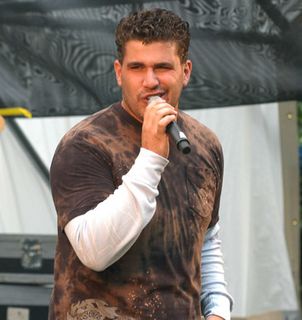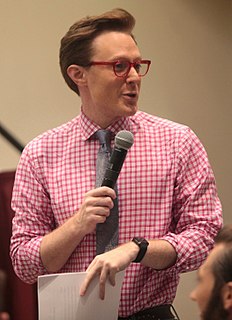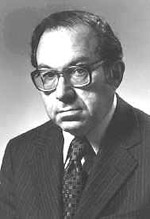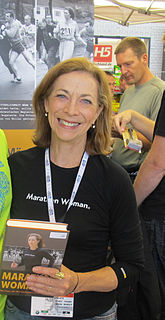A Quote by Harry Crews
I first became fascinated with the Sears catalogue because all the people in its pages were perfect. Nearly everybody I knew had something missing, a finger cut off, a toe split, an ear half-chewed away, an eye clouded with blindness from a glancing fence staple. And if they didn't have something missing, they were carrying scars from barbed wire, or knives, or fishhooks. But the people in the catalogue had no such hurts. They were not only whole, had all their arms and legs and eyes on their unscarred bodies, but they were also beautiful.
Quote Topics
Related Quotes
Me and my sisters were taught that if our eyes worked and our legs worked, we were beautiful. We had so many kids in our family that if we all got in front of the mirror and were ashamed of browns and golds and yellows and whites, and we believed what society told us - that the darker people were less attractive and the lighter ones were prettier - we would have had sibling murders. My family, being half-rural and half-military, just came from a different place.
No one else noticed, or cared. It was just something they did. Taking other people’s livestock. Other people’s lives. She watched the soldiers, hating them. They were different in so many ways, white and black, yellow and brown, skinny, short, tall, small, but they were all the same. Didn’t matter if they wore finger-bone necklaces, or baby teeth on bracelets, or tattoos on their chests to ward off bullets. In the end, they were all mangled with battle scars and their eyes were all dead.
For many of us, the hospital was as much a refuge as it was a prison. Though we were cut off from the world and all the trouble we enjoyed stirring up out there, we were also cut off from the demands and expectations that had driven us crazy. What could be expected of us now that we were stowed away in a loony bin?
Though I leave the house as little as possible, I have the impression that someone is disturbing my papers. More than once I have discovered that some pages were missing from my manuscripts. A few days afterward I would find the pages in their place again. But often I no longer recognize my manuscripts, as if I had forgotten what I had written, or as if overnight I were so changed that no longer recognized myself in the self of yesterday.
We never had a catalogue; we never said we were going to duplicate these pots this year and next year and the year after that and so forth. We did make many pots which were repeated, but we allowed them to change and to grow as we changed and grew, and I think that was the big difference. And that's all right; we were working for ourselves. We didn't have anybody we had to pay.
As the Nazi regime developed over the years, the whole structure of decision-making was changed. At first there were laws. Then there were decrees implementing laws. Then a law was made saying, ‘There shall be no laws.’ Then there were orders and directives that were written down, but still published in ministerial gazettes. Then there was government by announcement; orders appeared in newspapers. Then there were the quiet orders, the orders that were not published, that were within the bureaucracy, that were oral. And finally, there were no orders at all. Everybody knew what he had to do.
All knives and forks were working away at a rate that was quite alarming; very few words were spoken; and everybody seemed to eat his utmost, in self defence, as if a famine were expected to set in before breakfast-time to-morrow morning, and it had become high time to assert the first law of nature.
At the beginning of the 20th century, before the migration began, 90 percent of all African-Americans were living in the South. By the end of the Great Migration, nearly half of them were living outside the South in the great cities of the North and West. So when this migration began, you had a really small number of people who were living in the North and they were surviving as porters or domestics or preachers - some had risen to levels of professional jobs - but they were, in some ways, protected because they were so small.
When I finished the Boston race in 1967, there were two things I wanted to do. I wanted to become a better athlete because my first marathon was 4:20. In those days, that was considered a jogging time and I knew people were going to tease me. But I was more fascinated with what women could do if they only had the chance.






































